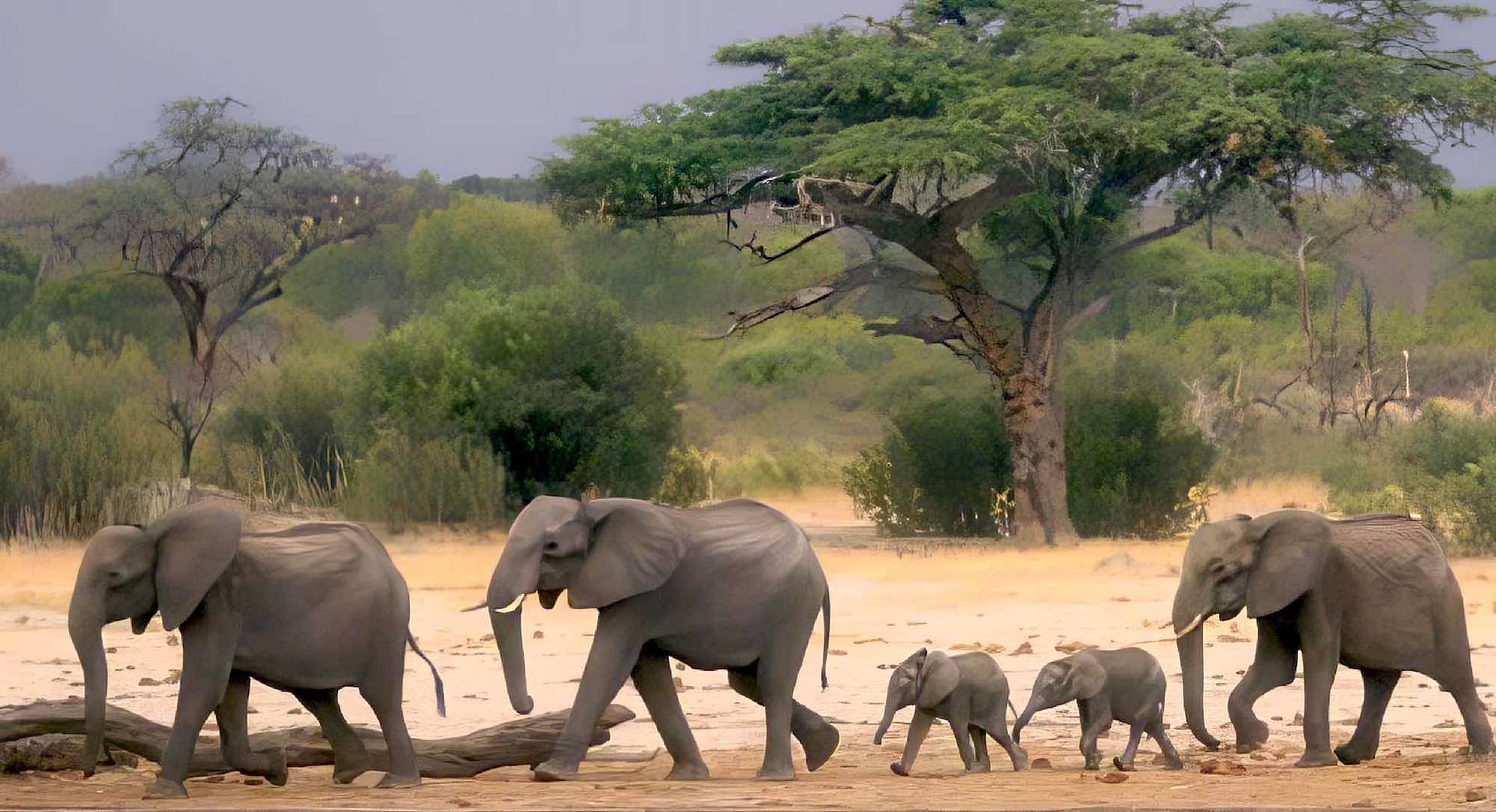What is Community-Based Natural Resource Management?
Community-based natural resource management (CBNRM) is a rights-based approach to conservation that enables the communities that live on the land to have a real say in the management of their environmental resources (wildlife and plants). It is a form of devolved government that brings tangible benefits to local communities as well as helping to protect vulnerable environments and species.
CBNRM comes in a variety of forms across Southern Africa, all of which share commitments to the sustainable use of natural resources to support economic, human and community development, governed by representative and accountable local institutions. In several southern African countries, CBNRM has become an integral part of national conservation strategies, often complementing state protected areas by maintaining buffer zones and wildlife corridors that connect protected landscapes.
The concept is based on the premise that the people who live on the land are in the best position to manage and conserve these ecosystems and species. This approach actively includes local communities in conservation by involving them in natural resource management and sharing revenue and benefits arising from sustainable use of biodiversity. CBNRM includes three interlinked aspects – governance, natural resource management, and livelihoods. When the rights to manage natural resources are devolved to the community level and governance systems are in place to channel the income arising from these resources to the whole community, then both people and wildlife can thrive.
While the details of how CBNRM is implemented varies from country to country, successful programmes are characterised by:
- Communities have rights over their land and resources, which allows them to control access and regulate use of resources. These rights need to be secure over time.
- Communities have representative and accountable institutions that are governed in a transparent, inclusive manner. These community-based organisations (CBOs) are known by different names in different countries (e.g. Conservancies in Namibia, Community Resource Boards in Zambia, Community Trusts in Botswana).
- Communities derive appropriate benefits from the resources they are managing. They will be unlikely to invest time, effort and finances into managing a resource if the benefits of management do not exceed the costs.
Since CBNRM is not a fixed system, but a programme that is adapted to each country, it is constantly evolving and expanding. Resource Africa’s role is to support this evolution by facilitating cross-border learning experiences, improving systems and processes used by CBOs to monitor and evaluate their progress, and advocating for legislation and policies that enable the development of CBNRM in countries throughout southern Africa.
Please also see our other CBNRM factsheets:
